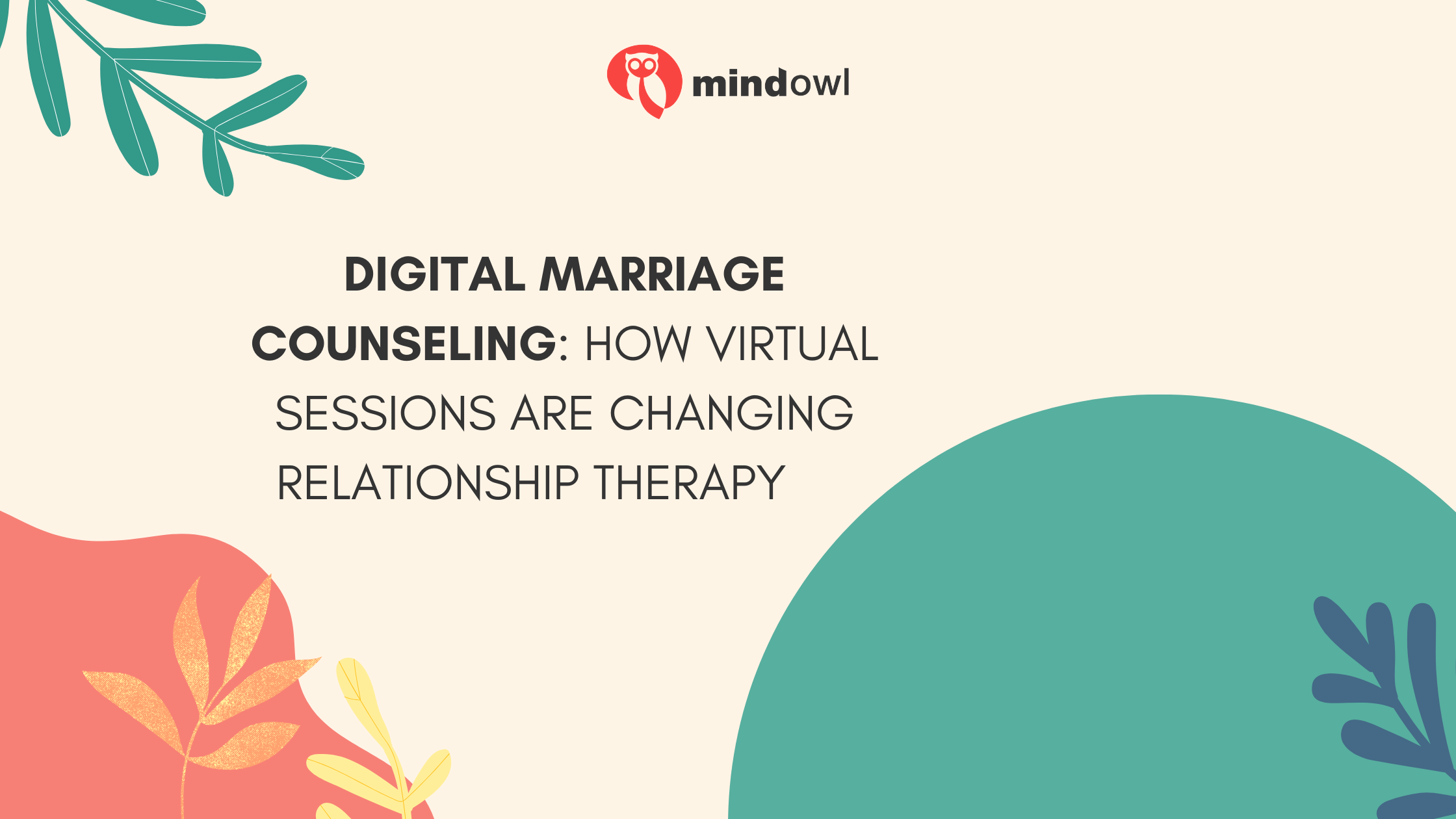What impact has virtual marriage counseling had on couples’ therapy? Online sessions have made it easier for couples to address personal issues, no matter where they are. This accessibility has introduced new opportunities for connection and growth. Let us explore the ways virtual marriage counseling is transforming therapy for couples.

Accessibility of Online Marriage Counseling
The internet has given couples easy access options to therapy. If you are searching on the internet for marriage counseling near me, you can do so without visiting in person. Virtual therapy allows individuals to receive help from the comfort of their homes, removing geographical or scheduling barriers. Many partners find it convenient to schedule online sessions, especially when managing busy lives and family commitments.
Video therapy also eliminates travel time, making it easier to fit into daily routines. This option opens the door to a wider range of approaches and professionals, increasing the likelihood of finding a suitable match. Convenience and flexibility have made virtual sessions an attractive alternative to traditional face-to-face support. As a result, more couples are turning to online platforms for guidance.
Creating a Comfortable Environment for Open Dialogue
For many, discussing relationship problems feels easier from home than in an office, helping them open up more freely. This relaxed environment encourages honest conversations, which is vital for addressing sensitive topics. Being in a personal space often reduces anxiety, making it easier for couples to engage with the process.
Some online platforms also allow partners to join sessions from different locations, which can be useful for long-distance couples or those with conflicting schedules. This flexibility means partners can work on their connection even if they aren’t physically together. Video sessions have expanded how couples can access support, creating new possibilities for effective guidance.
Personalized and Innovative Approaches
Virtual therapy has opened the door to innovative techniques and tools that cater to each couple’s unique needs. Many online therapists use digital tools, like shared worksheets or journals, to help partners track their progress. This interactive approach allows couples to engage with counseling actively and to revisit their goals regularly.
Digital platforms can also incorporate resources like guided exercises or video content, enhancing the therapeutic experience. Some online programs even use structured modules that couples can complete between sessions, creating a continuous growth journey. This additional support helps partners feel involved in their progress, allowing them to reflect on each session’s insights.
By offering a variety of resources, online therapy fosters a well-rounded approach that can be tailored to each couple’s needs. Partners can access ongoing support, making therapy a more personalized journey.
Overcoming the Stigma Associated with Marriage Therapy
Virtual sessions provide an opportunity to overcome this, as couples can attend therapy from their own space with a sense of privacy. The anonymity offered by online support reduces the worry of being seen in a therapist’s office. This has encouraged more people to consider counseling, as they feel they can maintain privacy. Couples increasingly recognize the value of working on their connection, and video-based therapy makes this journey accessible.
For those exploring or looking on the web for marriage counseling near me, digital sessions present a modern and flexible option for growth and connection. Through accessibility, a comfortable environment, and innovative resources, online therapy offers a unique avenue for improvement. The flexibility of virtual counseling continues to empower couples to strengthen their partnerships in meaningful ways.
MindOwl Founder – My own struggles in life have led me to this path of understanding the human condition. I graduated with a bachelor’s degree in philosophy before completing a master’s degree in psychology at Regent’s University London. I then completed a postgraduate diploma in philosophical counselling before being trained in ACT (Acceptance and commitment therapy).
I’ve spent the last eight years studying the encounter of meditative practices with modern psychology.

